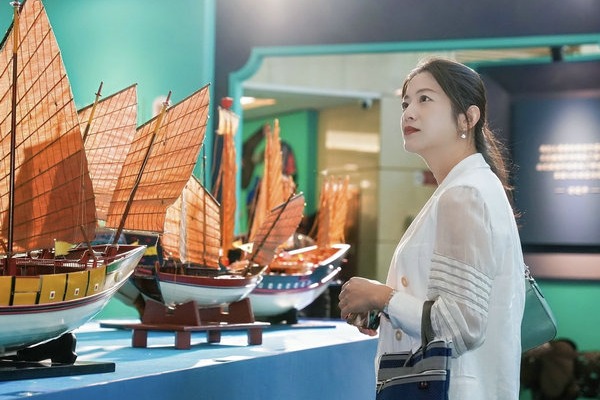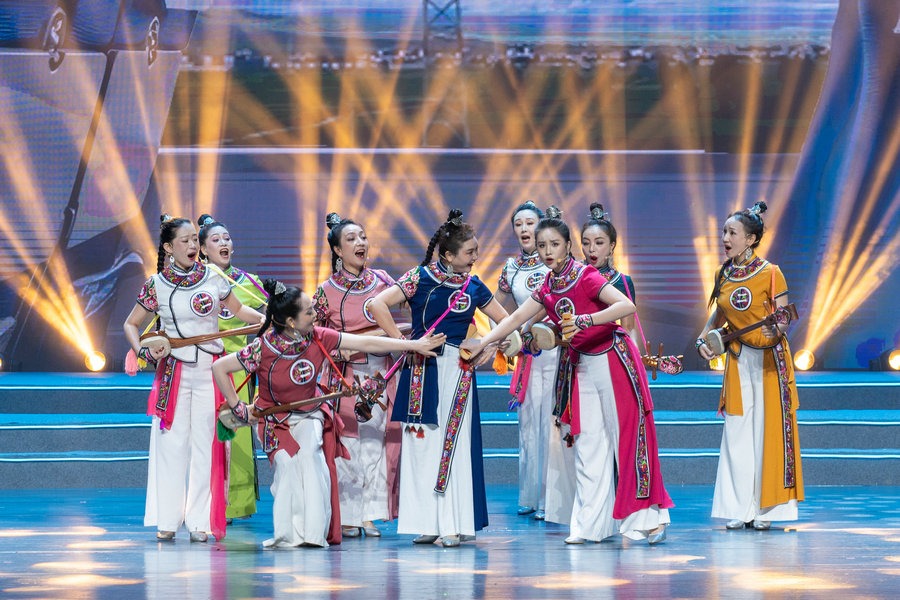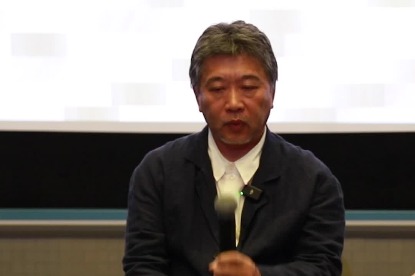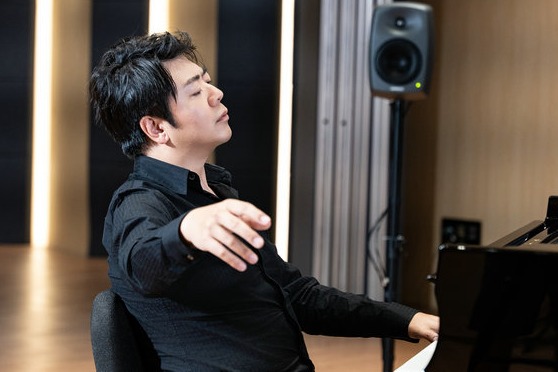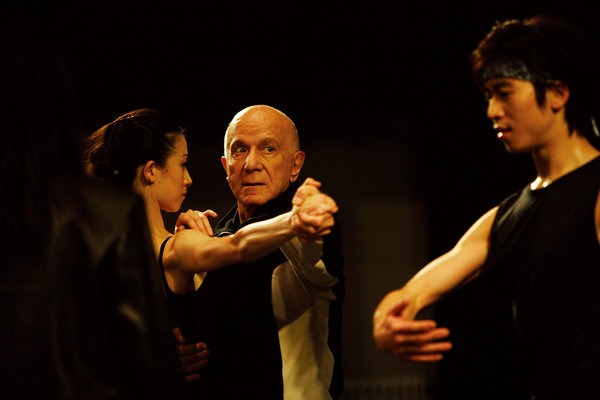Going gaga over German musicals


"Chinese audiences resonate easily with musicals from France, Germany and Austria," Fei says. "The melodies, theatrical structure and the philosophical significance all evoke strong resonance with people in China."
Christian Struppeck, artistic director of Vereinigte Buhnen Wien, the Austrian production company behind Elisabeth in Concert, feels the same. "There's a lot of interest in musicals, especially in European musicals, so that's why we always love to come here. I think it's a growing market, and especially at the Shanghai Culture Square. The audience loves musicals and knows a lot about them."
The popularity of the shows encouraged the theater to work with the Beijing Tianqiao Performing Arts Center and the Guangzhou Opera House to introduce two German-language shows, Elisabeth in Concert, and later this year, Rebecca in Concert, which has 16 shows scheduled at the Shanghai Culture Square from Nov 5 to 17, and more in Beijing and Guangzhou through Dec 1.
Fei also believes that the success of German and French musicals has provided China's own musical industry greater insight. "They have each developed their own style and aesthetics, deeply rooted in their own musical and cultural heritage. I think in China, we are also exploring a creative path of our own, which has to feature our own artistic genes. That's what we have learned from German and French musicals," Fei says.
One of the lead roles in the musical, Death, will be performed by two different actors in Shanghai. Lukas Mayer made his debut in Shanghai as Death, while Mark Seibert, who played Death 10 years ago, reprises the role this month.
"Mark is like a strong male who knows what he is doing, Lucas is more androgynous. He can be male and female. That is the fascination of this role, and I think the audience loves both styles," says Levay, commenting on their different interpretations.




















